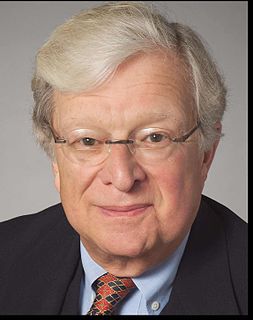A Quote by Gerald Walpin
It appears to suggest that I was removed because I was disabled - based on one occasion out of hundreds.
Related Quotes
You have noticed that the human being is a curiosity. In times past he has had (and worn out and flung away) hundreds and hundreds of religions; today he has hundreds and hundreds of religions, and launches not fewer than three new ones every year. I could enlarge on that number and still be within the facts.
There where hundreds of graves. There where hundreds of women. There were hundreds of daughters. There were hundreds of sons. And hundreds upon hundreds upon thousands of candles. The whole graveyard was one swarm of candleshine as if a population of fireflies had heard of a Grand Conglomeration and had flown here to settle in and flame upon the stones and light the brown faces and the dark eyes and the black hair.
While many employers do the right thing and provide flexible schedules for disabled veterans, I felt that it was important to provide all disabled veterans with a solution that would help them have access to medical leave. Here's how our bill works: we accelerate the eligibility process for disabled veterans.
Estimates suggest that from 20 to 50 million Americans routinely, albeit illegally, smoke marijuana without the benefit of direct medical supervision. Yet, despite this long history of use and the extraordinarily high numbers of social smokers, there are simply no credible reports to suggest that consuming marijuana has caused a single death. By contrast, aspirin, a commonly used, over-the-counter medicine, causes hundreds of deaths each year.



































